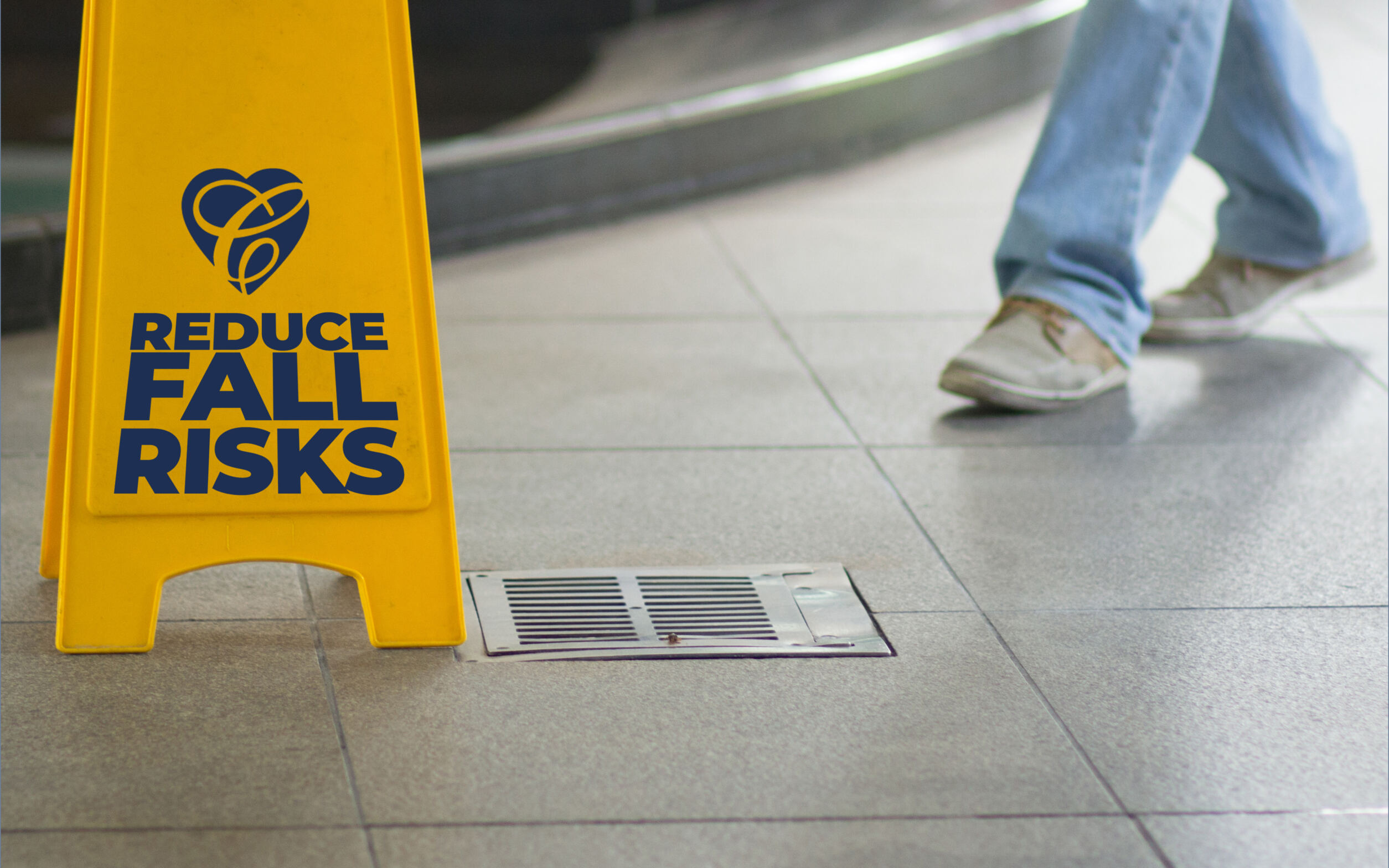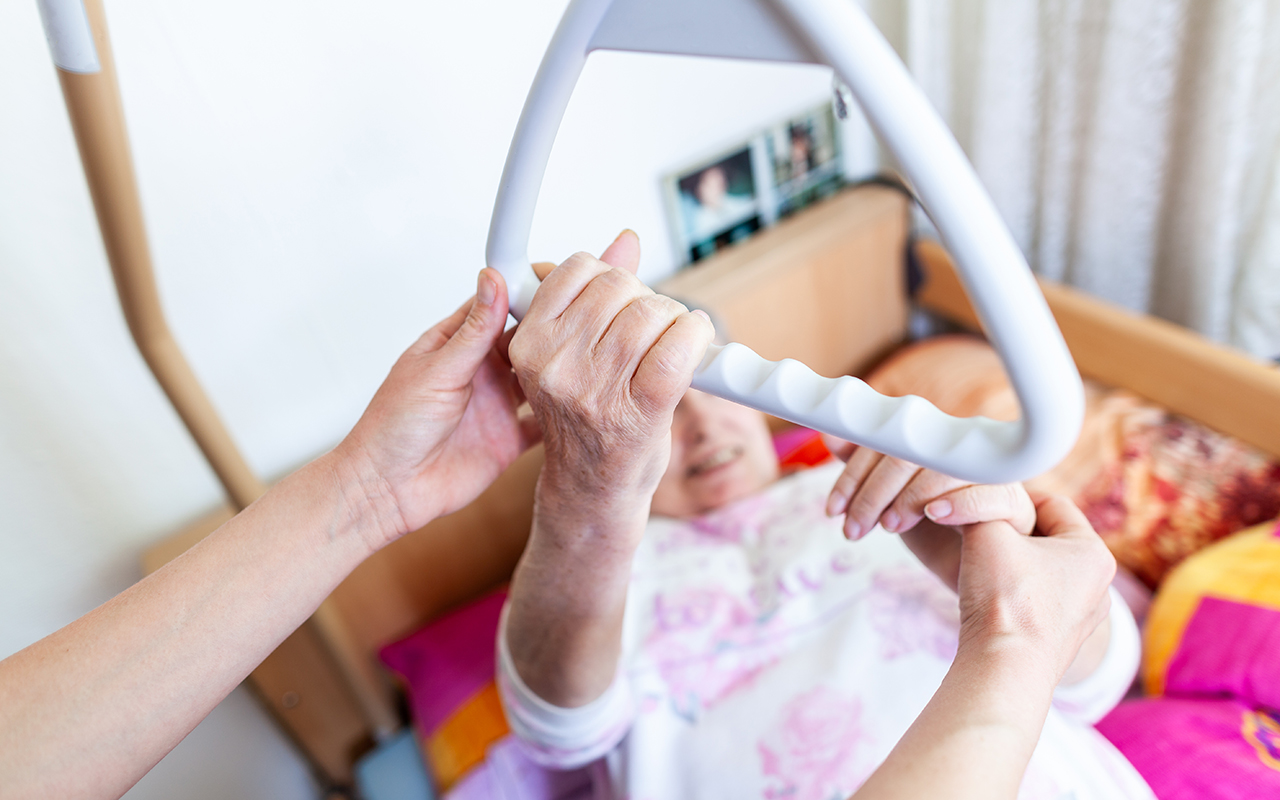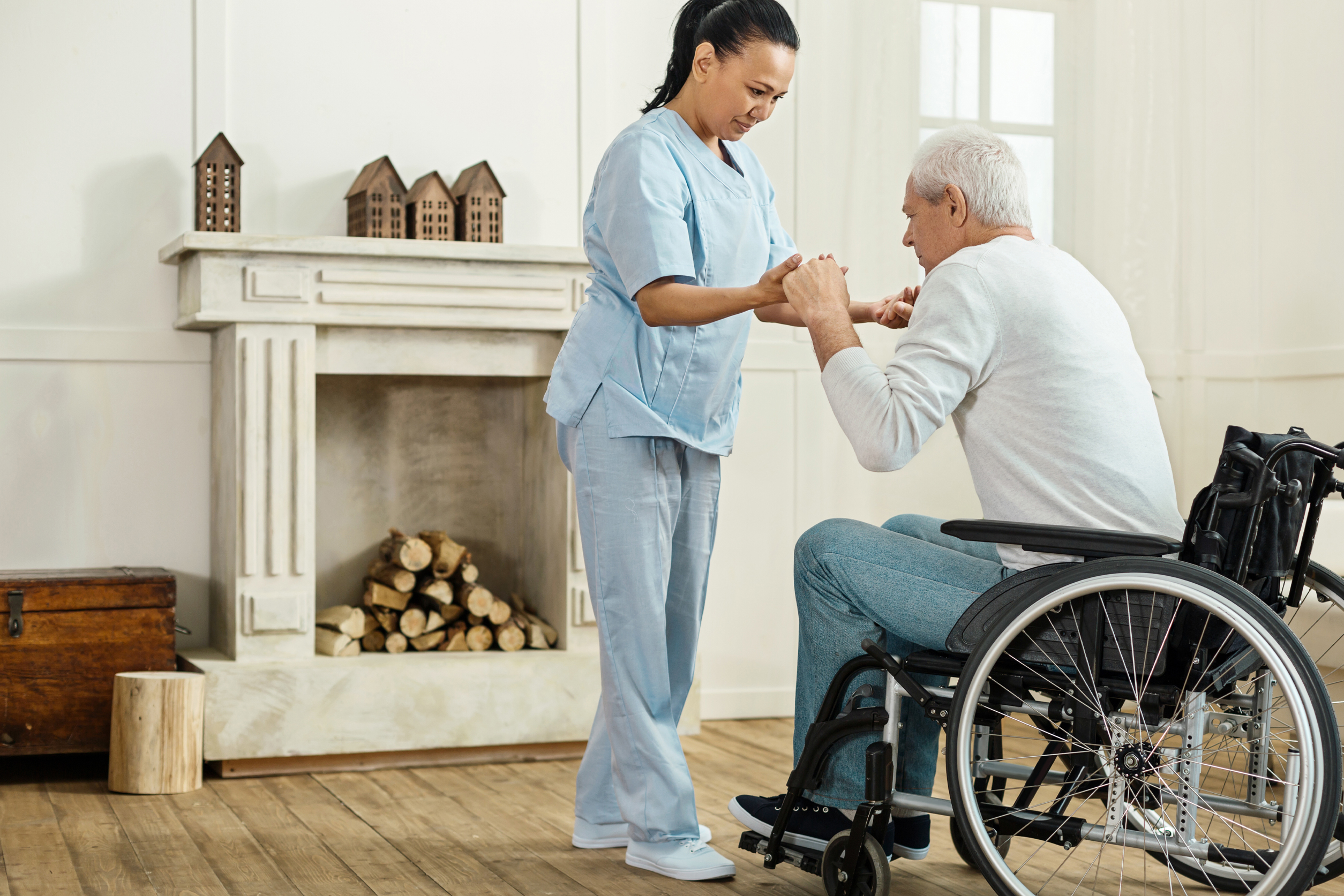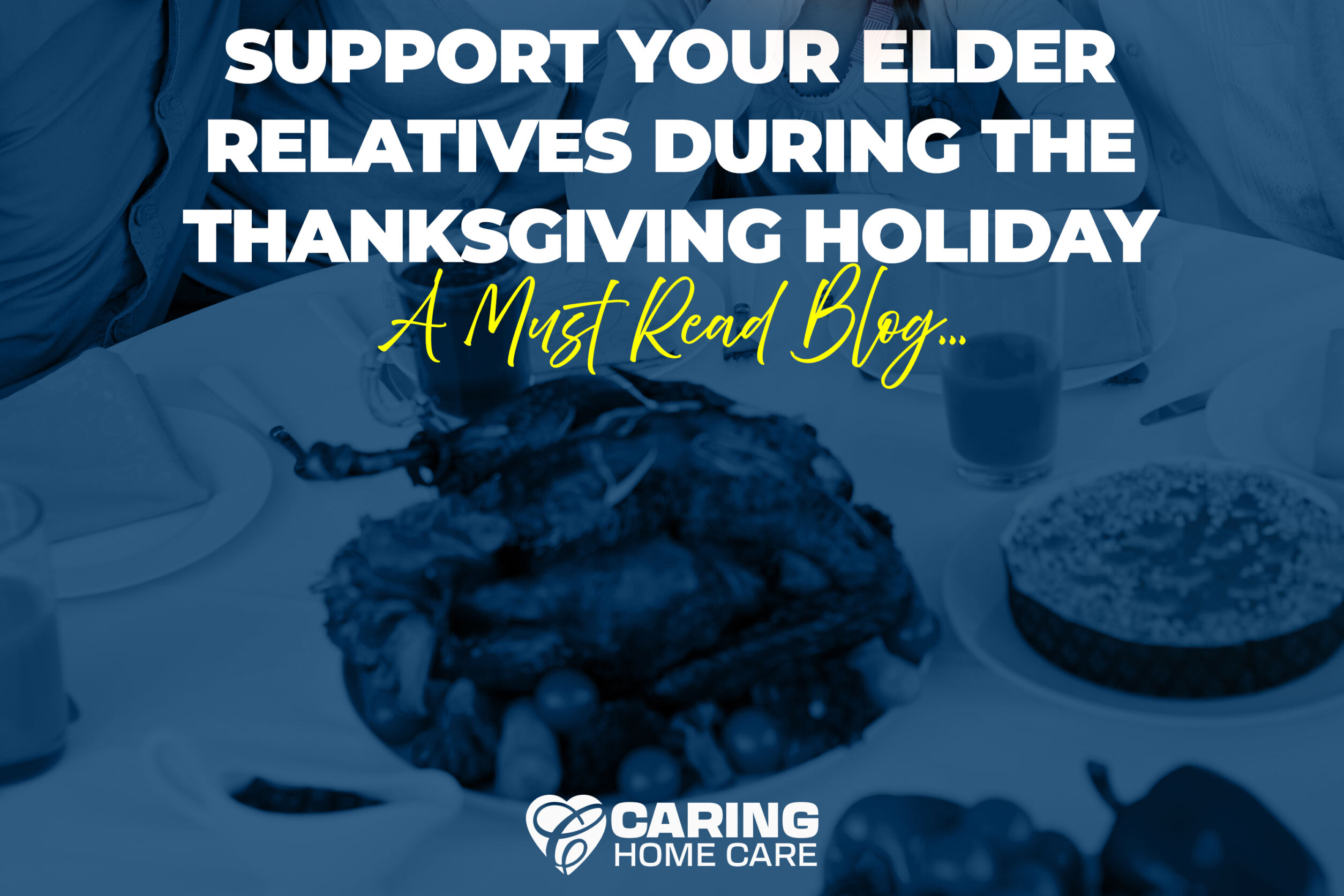Share
Traditionally adults welcome their aging loved ones into their homes to assist with caregiving needs. Over the last couple of decades, though, more seniors are living on their own. No matter which path your family chooses, ensuring that the home is safe for your loved one is a top priority.
Here are 5 tips for keeping your loved one’s home safe:
1. Prevent Falls
As your parents’ age, their balance might become impaired, which increases the risk of falls. On top of that, falls are more likely to cause serious injuries, such as broken bones and head trauma the older we become. For these reasons, you want to do everything that you can to prevent any falls from happening.
You can do this by ensuring that stairs, hallways, and other paths are free of objects that your loved one can trip over. These objects may include shoes, books, clothing, and toys. Make sure that banisters and rails along stairs are secure and that your loved one uses them at all times.
Also, don’t place rugs at the top or bottom of stairs. When you place rugs around the house, tape them down so that they don’t move when your loved one walks on them.
2. Protect Against Fire Hazards
Among the types of residential fires, electrical fires are the most devastating. However, there are several steps that you can take to avoid electrical and other fire hazards.
First, check appliances and devices for damaged or frayed electrical cords, and replace them. Second, don’t plug too many things into a single extension cord or electrical socket. The reason is that damaged cords and overloaded connections are major hazards for electrical fires.
Another thing that you can do to protect against fires is to keep space heaters at least 3 feet from flammable products. These include bedding, curtains, and furniture. Additionally, ensure that there are plenty of smoke detectors in the home, and replace the batteries twice a year.
3. Avoid Poisoning
Carbon monoxide, cleaning products, and medications are poison hazards for seniors. To avoid carbon monoxide poisoning, make sure that detectors are placed throughout the home and in working order. Replacing the batteries twice a year is ideal as well.
To prevent poisoning from cleaning products, never mix the liquids together because it can create a deadly gas. To avoid medication overdose, keep all medications in their original containers. You can request large-print labels on prescriptions to make them easier to read.
4. Safeguard From Abuse
Unfortunately, elderly abuse is a problem in many areas. You can protect your loved one by ensuring that the doors and windows are always locked and that strangers never enter the home when your loved one is alone. Furthermore, make sure that your loved one knows to never share his or her personal information with strangers.
5. Keep Emergency Numbers Accessible
Emergencies are very stressful incidents, but you can make getting help easier by having emergency numbers next to each phone in the home. Make sure that the contacts for 911, poison control, health care providers, family members, and friends are in large print so that they’re easy to read in a hurry.
Whether your aging loved one lives with you or alone, it might be difficult to ensure that all of these tips are constantly implemented, such as keeping paths clear. For regular assistance or help when you need a break, you could have a certified in-home caregiver watch over your loved one. Caring Home Care’s coordinators can pair your loved one with the perfect caregiver.
Small Daily Habits That Dramatically Reduce Fall Risk Falls are one of the most common causes of injury among seniors. Even a minor fall can lead to serious health complications, loss of independence, or extended recovery time. The good news is that many falls can be prevented. With the right daily routines, safety can be
How Caregivers Can Reduce Injury While Assisting Seniors Providing daily care for seniors is meaningful work. It can also be physically demanding. Many caregiver injuries happen during lifting, transferring, or repositioning seniors. These injuries are often preventable when proper techniques are used. Learning caregiver injury prevention strategies protects both the caregiver and the senior. It
Why Professional Home Care Is Safer Than Family Only Care Caring for an aging loved one is deeply personal. Many families step in with the best intentions. However, as care needs increase, family only caregiving can become overwhelming and risky. This is where professional home care plays a critical role. Professional caregivers are trained, experienced,
Connecting During the Thanksgiving Holiday: How to Support Your Elder Relatives The Thanksgiving holiday is a time filled with warmth, gratitude, and meaningful family traditions. However, for many older adults, it can also be a period of loneliness or emotional distance. This is especially true for seniors who live alone, have limited mobility, or are
Need A Caregiver? Fill Out Form Below
With our competitive rates, we make receiving in-home care affordable regardless of whether you’re using your insurance or paying out of pocket.






